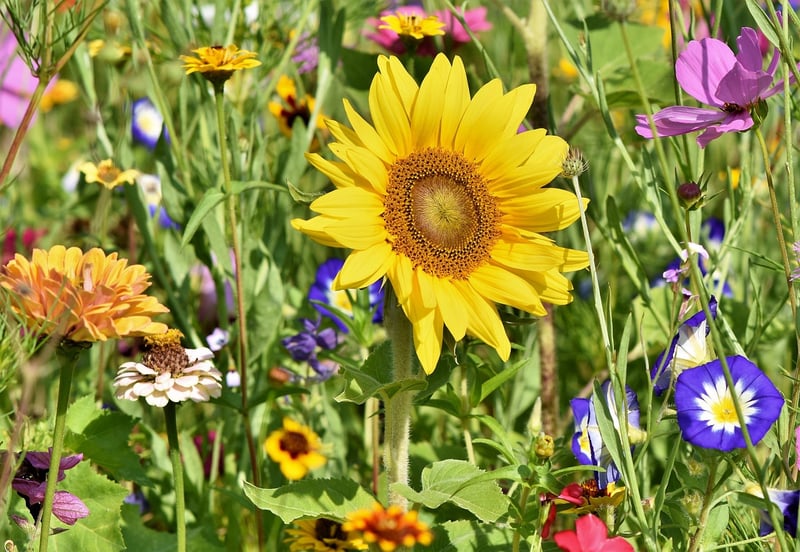Beneficial Insects
Protect Your Plants from Pests and Encourage Beneficial Insects in Your Garden

Introduction
Your garden is a thriving ecosystem that can sometimes attract unwanted pests. However, you can protect your plants from these pests while also promoting beneficial insects that help maintain a healthy balance. Here are some tips on how to achieve this harmonious coexistence in your garden.
1. Identify Common Garden Pests
Recognizing common pests like aphids, caterpillars, and beetles is the first step in pest management. Regularly inspect your plants for signs of damage and the presence of these insects.
2. Natural Pest Control Methods
Instead of using harsh chemicals, opt for natural pest control methods like introducing beneficial insects, using insecticidal soaps, and planting companion plants that repel pests.
2.1 Beneficial Insects
Beneficial insects like ladybugs, lacewings, and predatory wasps feed on garden pests, helping to keep their populations in check. Encourage these insects by planting nectar-rich flowers and avoiding broad-spectrum insecticides.
2.2 Insecticidal Soaps
Insecticidal soaps are effective against soft-bodied insects like aphids and spider mites. They work by disrupting the pests' cell membranes, ultimately leading to their demise.
3. Companion Planting
Companion planting involves growing certain plants together to benefit each other. For example, planting marigolds alongside tomatoes can help repel nematodes and other pests that attack tomato plants.
4. Attract Birds and Frogs
Birds and frogs are natural predators of many garden pests. Create birdhouses and provide water sources to attract these beneficial creatures to your garden.
5. Regular Maintenance
Regularly prune dead or damaged plant parts, remove weeds, and clean up debris to eliminate hiding spots for pests and reduce the risk of infestations.
Conclusion
By implementing natural pest control methods, encouraging beneficial insects, and creating a welcoming environment for natural predators, you can protect your plants from pests while maintaining a balanced ecosystem in your garden.
Remember, a healthy garden is a biodiverse garden!
